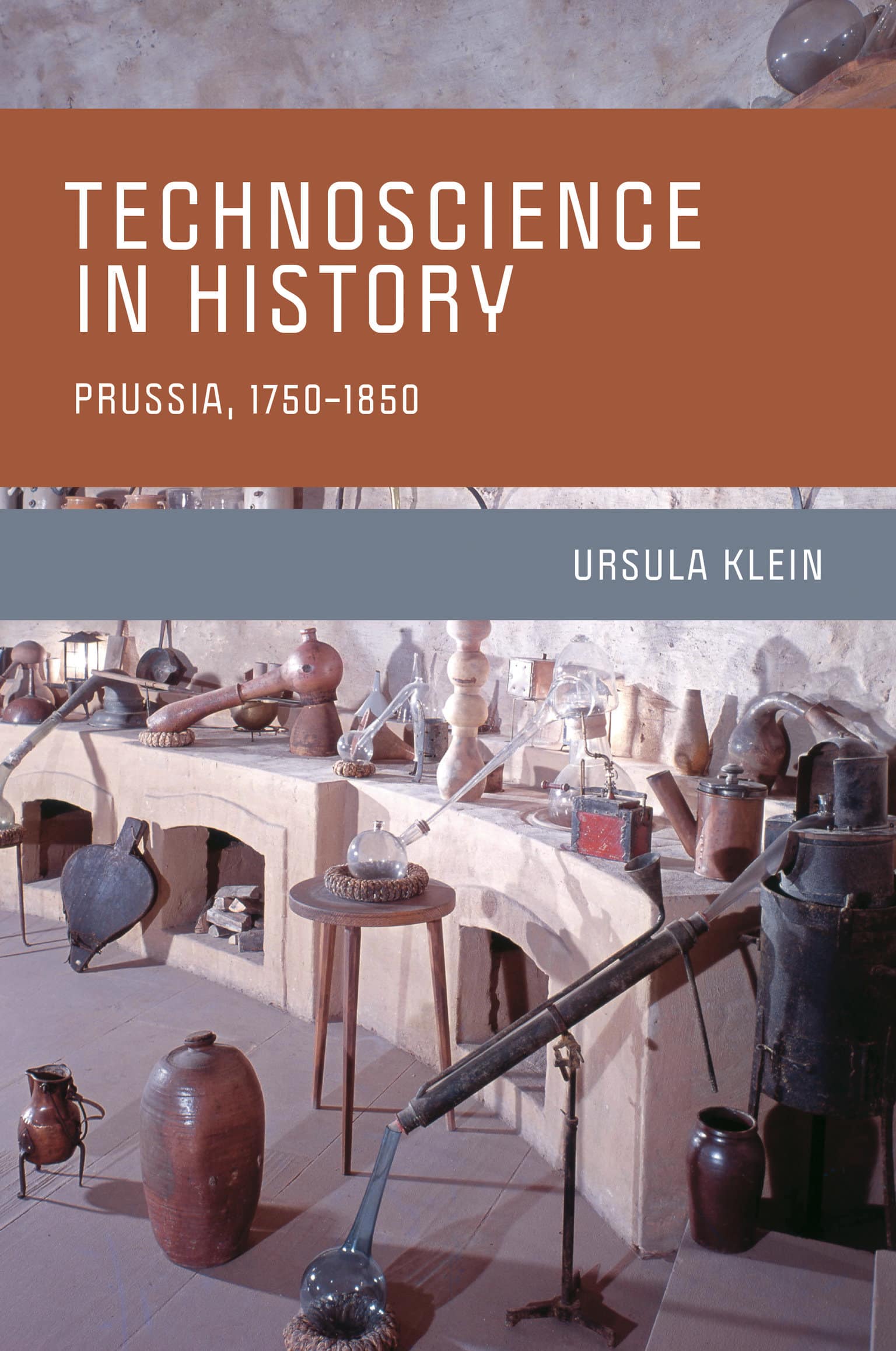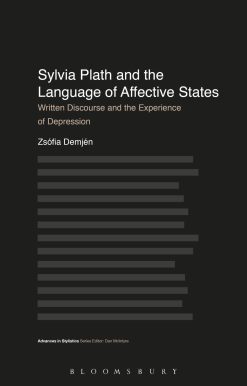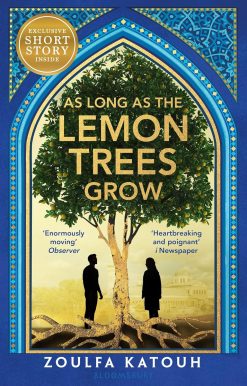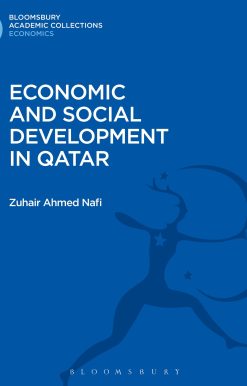Technoscience in History: Prussia, 1750-1850
31.00 JOD
Please allow 2 – 5 weeks for delivery of this item
Add to Gift RegistryDescription
The relationship of the current technosciences and the older engineering sciences, examined through the history of the “useful” sciences in Prussia.Do today’s technoscientific disciplines—including materials science, genetic engineering, nanotechnology, and robotics—signal a radical departure from traditional science? In Technoscience in History, Ursula Klein argues that these novel disciplines and projects are not an “epochal break,” but are part of a history that can be traced back to German “useful” sciences and beyond. Klein’s account traces a deeper history of technoscience, mapping the relationship between today’s cutting-edge disciplines and the development of the useful and technological sciences in Prussia from 1750 to 1850. Klein shows that institutions that coupled natural-scientific and technological inquiry existed well before the twentieth century. Focusing on the science of mining, technical chemistry, the science of forestry, and the science of building (later known as civil engineering), she examines the emergence of practitioners who were recognized as men of science as well as inventive technologists—key figures that she calls “scientific-technological experts.”Klein describes the Prussian state’s recruitment of experts for technical projects and manufacturing, including land surveys, the apothecary trade, and porcelain production; state-directed mining, mining science, and mining academies; the history and epistemology of useful science; and the founding of Prussian scientific institutions in the nineteenth century, including the University of Berlin, the Academy of Building, the Technical Deputation, and the Industrial Institute.
Additional information
| Weight | 0.527775 kg |
|---|---|
| Dimensions | 1.8796 × 15.24 × 22.606 cm |
| book-author1 | |
| Format | Paperback |
| Language | |
| Pages | 328 |
| Publisher | |
| Year Published | 2020-9-22 |
| Imprint | |
| Publication City/Country | USA |
| ISBN 10 | 0262539292 |
| About The Author | Ursula Klein is Permanent Senior Researcher at the Max Planck Institute for the History of Science in Berlin and coauthor of Materials in Eighteenth-Century Science: A Historical Ontology (MIT Press). |
"The term 'technoscience' may feel futuristic, but Ursula Klein's fascinating study shows that the phenomenon extends back centuries. She demonstrates in detail that mining, among other key fields, involved the kind of 'useful knowledge' that spurred modern science." – Michael D. Gordin, Rosengarten Professor of Modern and Contemporary History, Princeton University "Technoscience in History imaginatively explores the role of useful sciences in Prussia’s knowledge economy. It recasts several canonical historical narratives: of industrialization, state expertise, and even Berlin University’s founding. It adds incredible historical depth to Bruno Latour’s Science in Action." – Kathryn Olesko, Associate Professor, George Washington University |
|
| Other text | “The term ‘technoscience’ may feel futuristic, but Ursula Klein’s fascinating study shows that the phenomenon extends back centuries. She demonstrates in detail that mining, among other key fields, involved the kind of ‘useful knowledge’ that spurred modern science.”—Michael D. Gordin, Rosengarten Professor of Modern and Contemporary History, Princeton University “Technoscience in History imaginatively explores the role of useful sciences in Prussia’s knowledge economy. It recasts several canonical historical narratives: of industrialization, state expertise, and even Berlin University’s founding. It adds incredible historical depth to Bruno Latour’s Science in Action.”—Kathryn Olesko, Associate Professor, Associate Professor, Georgetown University |
| Table Of Content | List of IllustrationsAcknowledgmentsIntroductionPart I. Technical Experts and Innovation in Prussia1. Technical Projects of the Royal Prussian Academy of Sciences2. Discovery and Invention: Klaproth3. Pharmacy and Chemistry4. Experts at the Royal Prussian Porcelain Manufactory5. The Figure of Technical ExpertPart II. The Model: Useful Science at Mining Academies6. Silver Mining and the Freiberg Mining Academy7. Mining and Mining Experts in Prussia: Gerhard8. Experiments in the Laboratory of the Mining Department9. The Lecture Series of the Mining Administration10. Mines as Laboratories: HumboldtPart III. Useful Science and its Practitioners11. Mining Science12. The Science of Salt Works13. The Figure of Scientific-Technological ExpertPart IV. Towards Nineteenth-Century Technological Science14. Useful Knowledge at the University of Berlin15. The Academy of Civil Engineering and Architecture16. A New Industrial Policy: The Industrial Institute17. The Big Picture: Useful Science, Technological Science, TechnoscienceNotesReferencesIndex |
| series | Transformations: Studies in the History of Science and Technology |
Only logged in customers who have purchased this product may leave a review.






Reviews
There are no reviews yet.